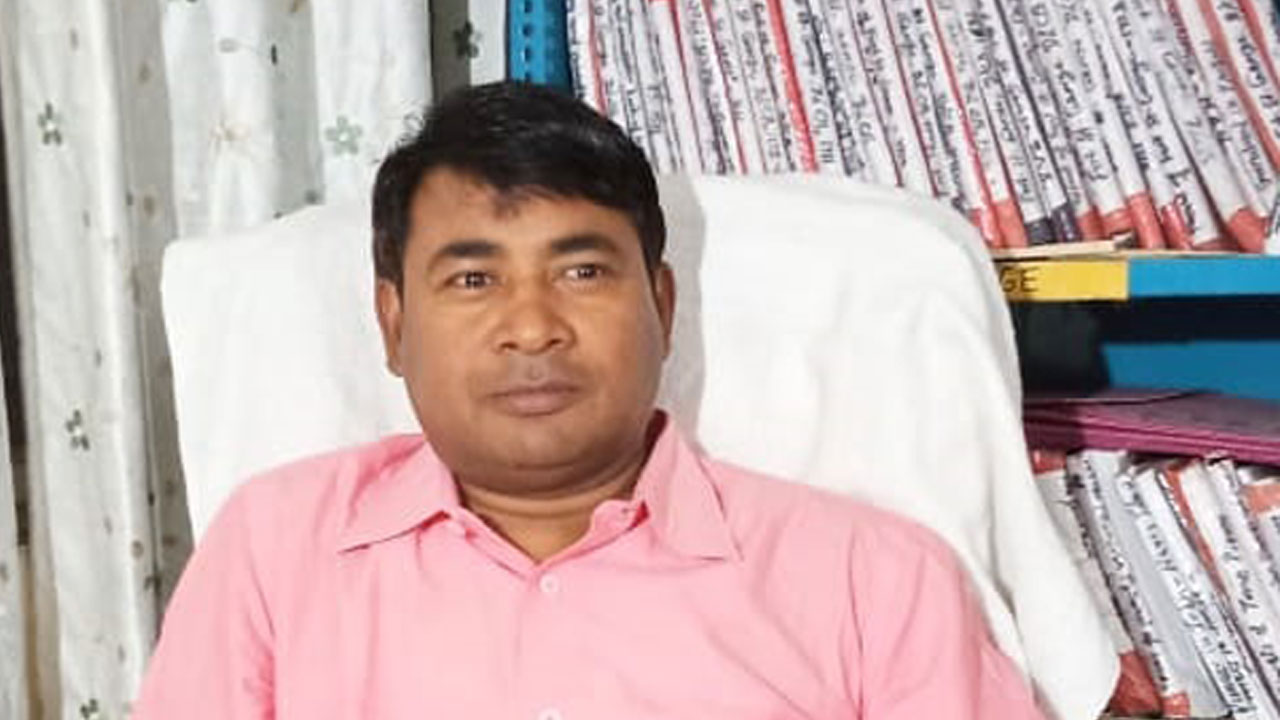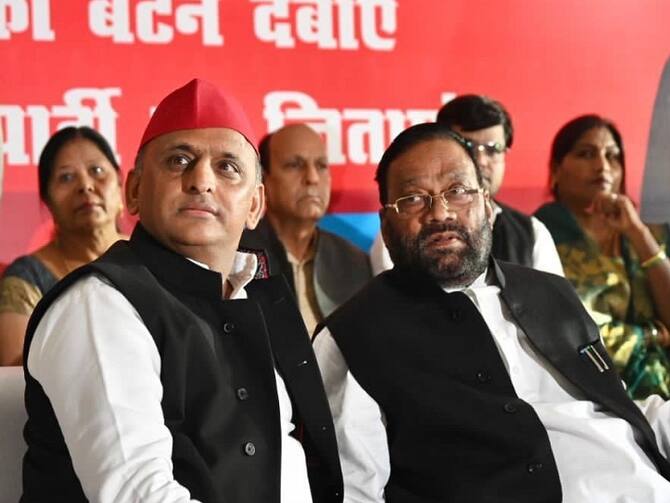Manoranjan Byapari, who shot into the limelight with the publication of his autobiography Itibritte Chandal Jebon in 2012, was appointed chairperson of the State Dalit Sahitya Academy by the Mamata Banerjee-led West Bengal government in 2020. In the 2021 assembly elections, he stood from the Balagarh reserved constituency on a Trinamool Congress ticket and won. The life of Manoranjan Byapari, MLA, has been full of struggles. He hails from the Namasudra community and came to India as a refugee before the creation of Bangladesh in 1971. In 1975, when he was just 20, he was arrested for participation in a political event. He learnt to read and write during his stay in prison. After his release, he started driving a rickshaw. His meeting with Mahashweta Devi, a literary giant of Bengal, was the turning point in his life. From a rickshaw driver he became a litterateur. He worked as a cook in a government school to make ends meet. But that did not come in the way of his writing. Itibritte Chandal Jebon was followed by a novel, Batashe Baruder Gandho, which was well received and whose English translation There is Gunpowder in the Airwas shortlisted for the DSC South Asian Literature Award 2019. Here, over a conversation with Jyoti Paswan, he reflects on the two years since the launch of the West Bengal Dalit Sahitya Akademi:
The West Bengal Dalit Sahitya Akademi has completed two years of its existence. What were the achievements of the Akademi in this period? Are you satisfied with them?
The first thing is that barring Bengal, no other state in India has a separate government body for the promotion of Dalit literature. Didi (Mamata Banerjee) was the first chief minister to establish a Dalit Sahitya Akademi. As for the work done by the Akademi, we have undertaken intensive tours of the entire state. We have organized seminars and workshops under the aegis of the Akademi in several districts. The state government has allotted land at Balagarh in Hooghly district for a library. The construction of its building has been completed.





